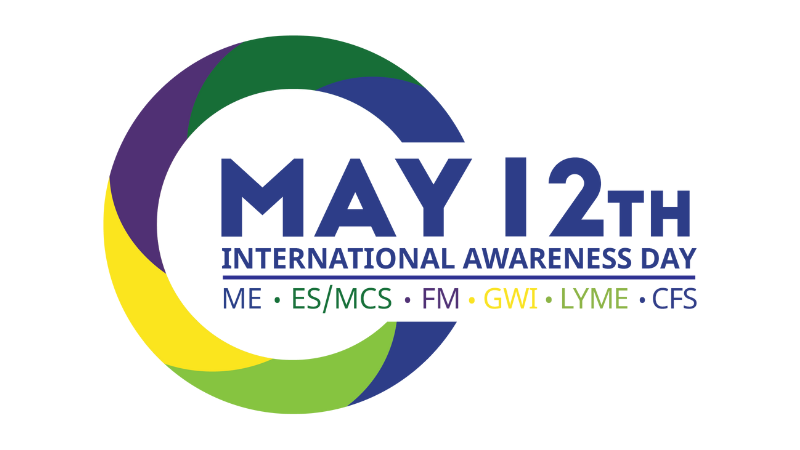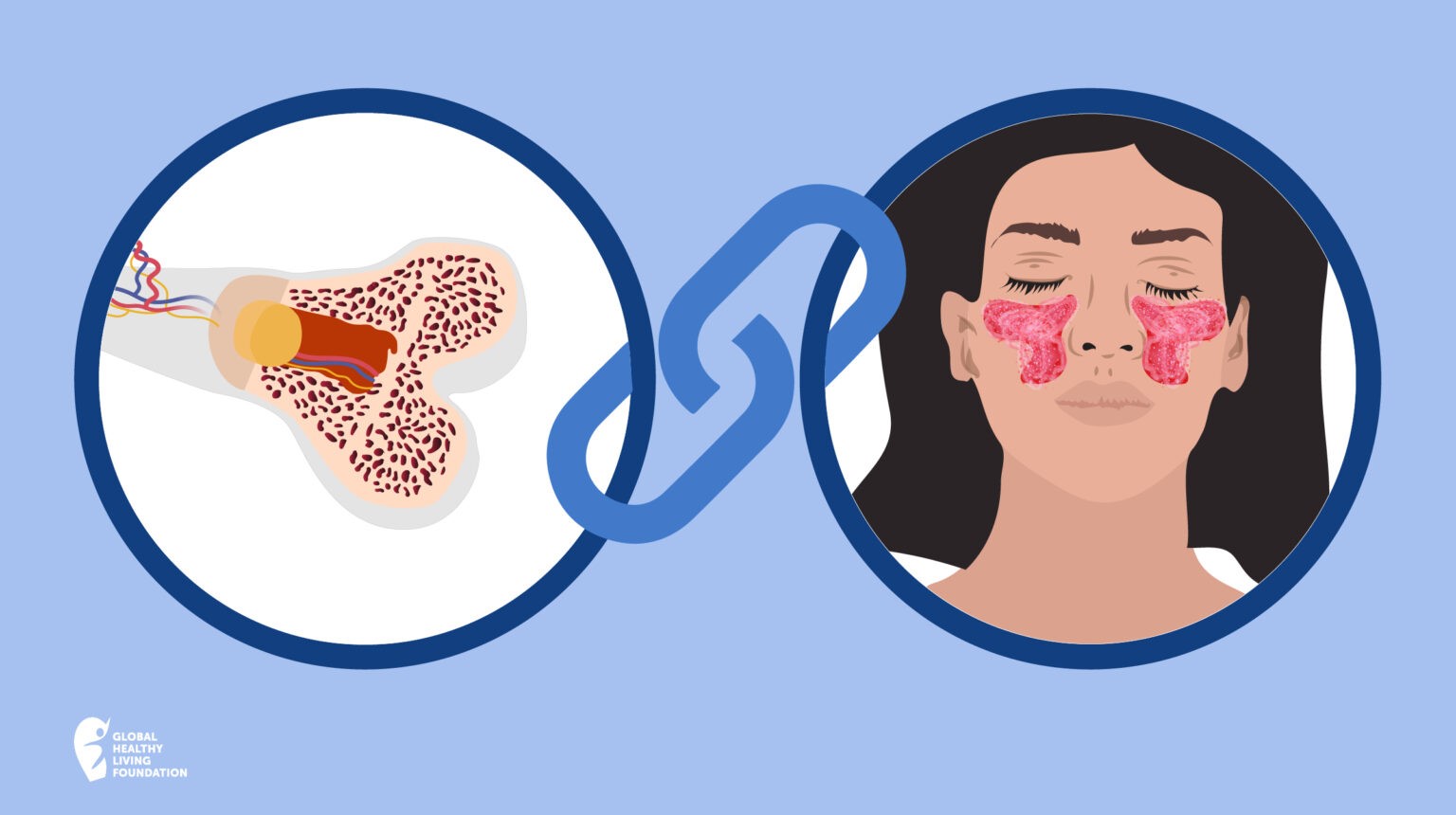Natural Remedies For Arthritis
Many people with rheumatoid arthritis (RA) and psoriatic arthritis (PsA) find relief through alternative remedies and diet/lifestyle changes in addition to their medication regimen. Laurie Ferguson, Ph.D., clinical psychologist and Vice President of Research and Education for Global Healthy Living Foundation, says there are many options that can improve both physical and mental well-being.
Exercises For Arthritis
It can be very difficult for people with RA and PsA pain to exercise, but even the simplest of movements can help with symptoms. “Just having some kind of physical movement each day is important,” Ferguson says. The exercise does not have to be something special or elaborate – simply walking is a great way to keep the body moving.
Diet And Foods To Avoid
In terms of diet, avoiding sugar is crucial. Also, be aware of hidden sugar in foods like flavored yogurt, ketchup and cereal, among others, Ferguson says. While there is no special diet that is proven to help RA or PsA, people find relief in different ways. “Something that works for someone else may not work for you,” Ferguson says. “Be willing to experiment.”
For example, giving up caffeine may help some people feel better while it makes others feel crabby. Some find that giving up nightshade vegetables (e.g., potatoes, eggplant and tomatoes) is very helpful; in others it makes no difference. If you choose to omit something from your diet, Ferguson advises that you avoid it long enough to determine how it affects you: For most people it takes three to four weeks to clear a substance out of their system.
Learn more about anti-inflammatory foods and foods to avoid.
Other Natural Remedies For Arthritis
Similar to diet, people can respond very differently to alternative remedies. For those with a lot of pain in their hands or feet, paraffin massage may be helpful. Acupuncture and reiki (a non-invasive energy treatment) have been very successful in reducing symptoms for some people. Regardless of which you choose, “make sure the practitioner understands what is going on with you and your body,” Ferguson says. “Be detailed and specific about your symptoms. The practitioner can be just as important as the modality.”
Additional alternative treatments that have shown good results include meditation (“It lowers stress and helps put a person in a space where they feel in charge of what is going on”), and tai chi, a series of slow movements designed to relieve stress and slowly strengthen muscles. Those who are unsure of how to meditate or practice tai chi should consider a class or find an instructional app or CD.
Finding Arthritis Support Groups
Individual or group therapy can be extremely useful, because we know that depression is very much a part of these diseases. Social interaction can also improve mental health and help you feel more at home in your life. “Be someplace every day where you get some social stimulation,” Ferguson says. “Go get coffee and talk to people behind the counter or visit the library and talk to the librarian. Just sitting behind a computer is not enough.”
There is a tendency for people who are in pain to isolate themselves, so even if you can’t get out, websites like CreakyJoints.com can provide reliable information and let you connect with others with similar experiences in a safe environment. “The people on these websites are funny, thoughtful, creative, and inspired,” she says. “There’s a huge benefit to having that kind of safe place to interact.”
Ultimately it’s important to pace yourself so that you can manage your disease but also have a life. “Don’t feel you have to do everything at once. Just do what feels comfortable.”
CreakyJoints has a handy map to help find an arthritis support group near you.
Be sure to talk to your doctor before beginning a new diet or exercise regimen, or if you have questions about available RA and PsA treatment options.





